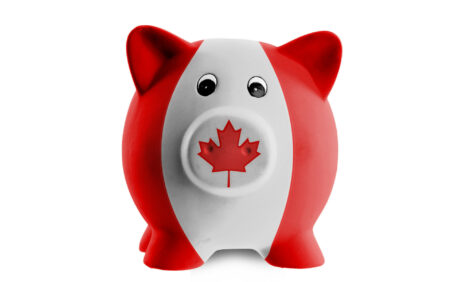



Russia tightens food import regulations
MOSCOW - Russian veterinary services have recently imposed a number of bans on imported meat, poultry and fish, causing all kinds of accusations - from protectionism to the use of trade for political ends. |
But in reality, Russia is merely trying to protect itself against a flow of products unfit for consumption. Exporters of food to Russia have realized that it is no longer a refuse pit for inedible meat from all over the world.
A French colleague who writes on agricultural issues, in particular, on food exports from the European Union to Russia, has asked me recently about the reason behind numerous import bans. Are European foods so bad or are the Russian vets and customs being difficult? The answer is somewhere in between.
First, the EU eastward expansion has lowered quality standards and compliance with veterinary and sanitary standards. There is a huge gap in the agricultural level of the old and young members of the EU. Many agricultural producers are still below European standards. Nobody is saying that the EU's expansion has reduced the quality of food. The problem is that the farmers cannot sell poor quality foods in the competitive European market, and the produce that does not comply with rigid European standards is exported.
Second, the Federal Service for Veterinary and Phytosanitary Oversight has changed beyond recognition. The time of anarchy, grey imports, a mess with certificates, bribes to customs officials and sanitary inspectors, and one-day and one-contract companies has gone never to return.
Russia is steadily increasing its food imports, and not only because of a shortage of its own produce. The increasing living standards are changing the diet. As a result, Russia is importing several billion euros worth of foods. It could be importing even more if their quality did not leave much to be desired.
Almost daily, I receive e-mail messages from the Federal Service for Veterinary and Phytosanitary Oversight about bacteria or toxic chemicals detected in imported products. Reading these reports is enough to make one sick.
I have learned numerous names of chemicals and mysterious diseases of flora and fauna, ranging from the now routine strains of avian flu, salmonella and foot-and-mouth disease to the exotic Newcastle and Bluetongue diseases, listeria species and Californian thrips. Surprisingly, they are arriving in Russia not from tropical islands but from the well-tended Europe, where pesticides have been banned for a long time now, and all pests destroyed. Some of them are re-exported to Russia from Europe. Thrips, for example, is not found in Europe, but arrives there with vegetables and flowers from third countries. The same is true of toxic chemicals - a high proportion of pesticide called methamyl was detected in the Peruvian grapes that the Netherlands exported to Russia through the Hispa Fruit company.
Despite the assurances of European veterinary officials, the quality of foods exported to Russia has not improved. Last March alone, Russian inspectors barred 20 batches of bad EU meat (178 tons), dairy (10 tons), and fish (135.5 tons) products. In addition, they stopped frozen fish from France that crossed the Russian border together with chicken breasts, and four meat containers that left the Netherlands with accompanying documents for frozen vegetables.
Some products change their origin at the border or have no documented origin whatsoever. Some 113 tons of apples and 16 tons of greens almost landed in a Moscow market. Grown in Poland and registered as Lithuanian, they contained a high content of cadmium, chlorpyrifos, and dimethoate - an absolute no-go.
All in all, since the start of 2007 Russia has imposed temporary restrictions for different export violations on agricultural companies from the United States (four meat-processing firms), France (one), Germany (11), Belgium (one), Spain (one) and the Netherlands (three). The Dutch plants NL5033EG, NL5029EG and NL5014EG supplied minced chicken meat with salmonella agents. Temporary sanctions have also been introduced against dozens of Latin American and Asian companies.
Source: RIA Novosti








